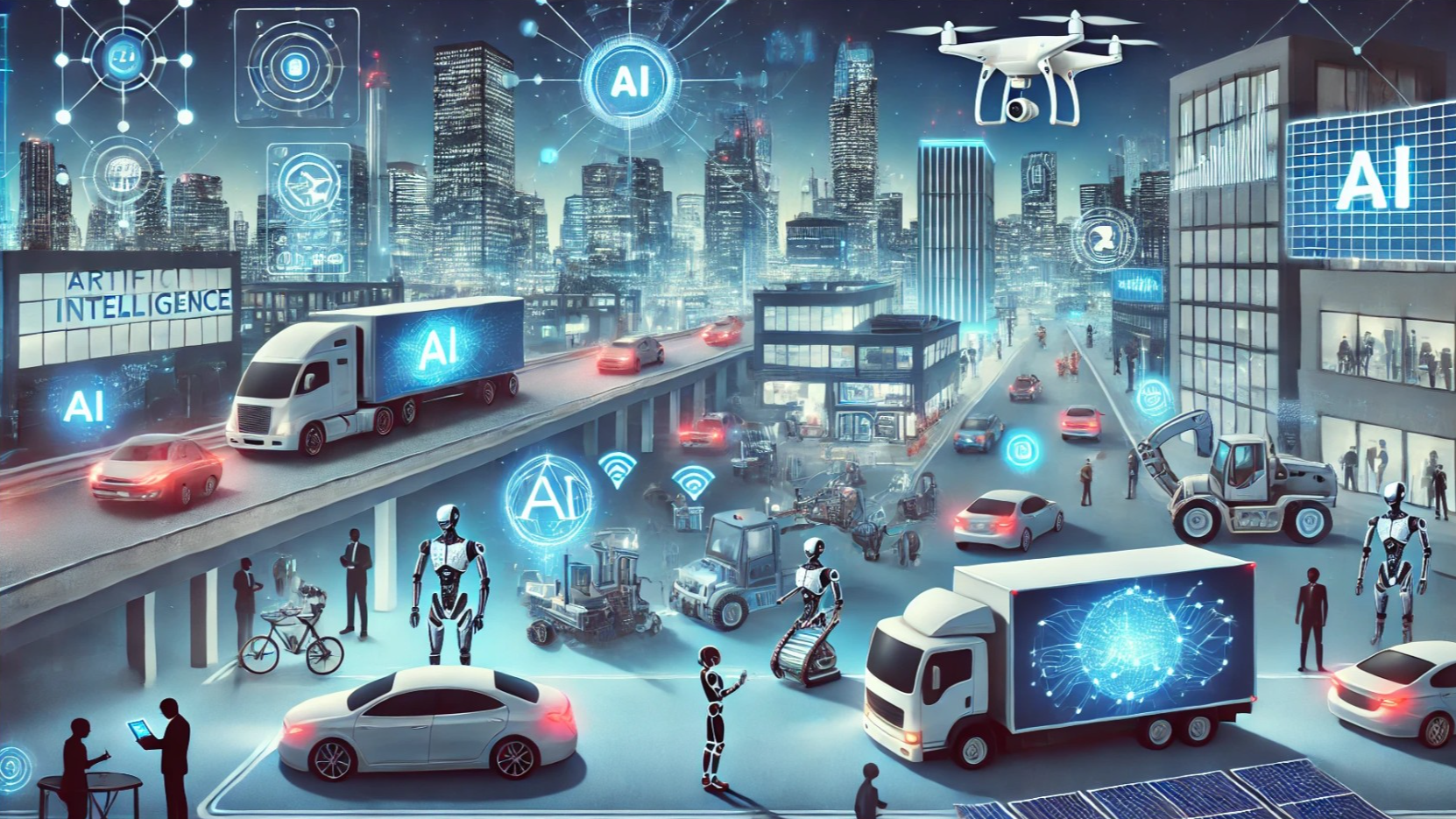Artificial Intelligence in the Modern World: A Revolution That Has Already Arrived

Artificial intelligence (AI) has become an integral part of our everyday lives. We encounter it when using voice assistants, internet search engines, recommendation systems on social media, and even banking services. AI has already transformed many fields, from healthcare to business, and its influence continues to grow.
Where is AI used today?
- Healthcare – AI analyzes medical images, helps with diagnoses, predicts disease progression, and even assists in drug development.
- Finance – AI is used in algorithmic trading, risk management, automating credit decisions, and combating fraud.
- Education – AI systems help personalize learning by analyzing students' knowledge levels and selecting appropriate material.
- Business and Marketing – Companies use AI to predict customer behavior, automate advertising campaigns, and analyze big data.
- Industry – The introduction of robots with AI allows for production automation, cost reduction, and increased operational precision.
- Transport – The development of autonomous vehicles and logistics optimization with AI is already taking place in real time.
How is AI changing our lives?
AI simplifies many tasks that previously required significant time. For example, AI-powered chatbots provide 24/7 customer support, and smart assistants like Siri and Google Assistant help with everyday tasks. AI also allows for personalized content, offering us movies, books, and music according to our preferences.
What challenges does AI bring?
Despite its many advantages, AI raises certain concerns:
- Job threat – Automation may replace some professions, requiring workers to reskill.
- Ethical issues – The use of AI in surveillance, facial recognition, and algorithmic bias remains a subject of debate.
- Data security – AI systems handle vast amounts of information, creating risks of leaks and unauthorized access.
The Future of AI
In the coming years, AI will develop even faster. Researchers are working on creating more complex neural networks, generative models, and autonomous systems. AI is becoming deeply integrated into the economy, science, and our everyday lives.
It can be said that AI is not a technology of the future but a reality that has already arrived. The question is how we can harness its potential for the benefit of humanity.
02/16/2025 14:00
